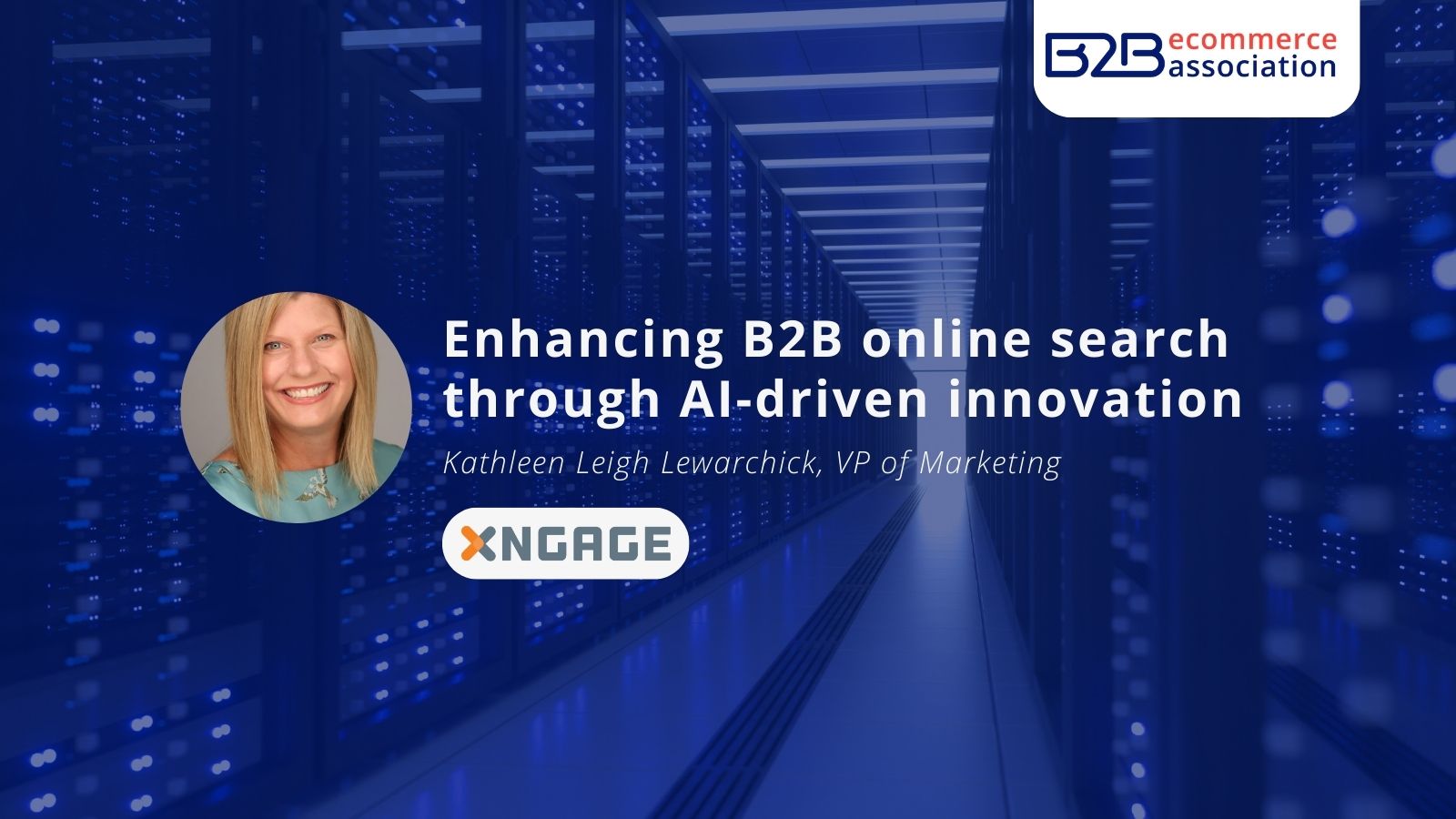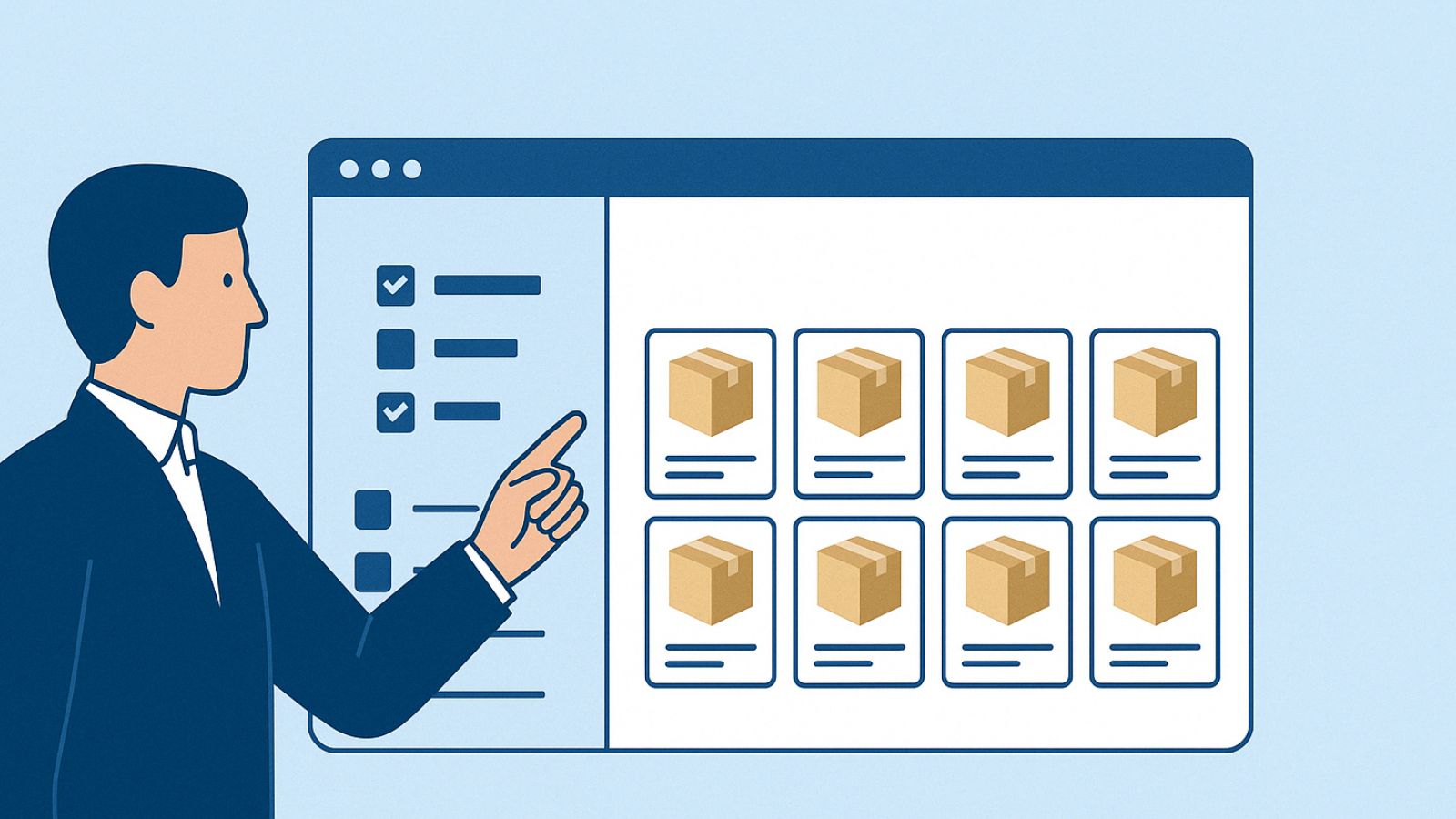In the dynamic realm of B2B online purchasing, the evolution of search systems is crucial to meet the growing complexity of customer needs. Machine learning and AI are revolutionizing search outcomes, aiming to enrich B2B interactions.
Distributors and manufacturers are now enhancing their data, user experience (UX), and search capabilities, responding to the transition of B2B end-users from straightforward to more intricate requirements. This shift necessitates advanced online commerce systems, particularly in the area of search technology, which is becoming increasingly refined.
This intelligent search mechanism is designed to remember user’s previous purchases and considerations, tailoring the search experience.
Elevating search from standard to exceptional
Traditional B2B search functions offer basic query results ranking. However, complex B2B scenarios demand that search capabilities cater to more advanced e-commerce needs. These include:
- Relevance: Integrating personalization factors such as geographical location or specific customer purchasing roles.
- Boost and Bury: Prominently featuring the most relevant items while minimizing the visibility of less suitable ones.
- Restricted Product Views: Implementing permissions for buyers to ensure a more targeted and permissible range of products.
Though these challenges are significant, the integration of innovation, machine learning, and AI is significantly enhancing outcomes. For B2B leaders, this translates to tailored shopping lists, effective merchandising, and heightened conversion rates.
Understanding smart search system mechanics
As businesses outpace conventional search functionalities, modern smart systems utilize behavioral data from past interactions. For returning authenticated users, their historical data – including previous purchases and considerations – is utilized to optimize search results.
For instance, these systems might merge standard product information with behavioral shopping data in a commerce-and-content Admin Console. Features like “Merchandising Views,” which could include 360° product rotations or part number links, enhance buyer engagement.
More advanced systems employ data accelerators or connectors to facilitate better data integration with the commerce system and ERP, enhancing both systems with each use.
Reflect on your B2B shopping habits. Imagine a system that remembers your previous searches, such as for 1/2” drill bits, and the product detail pages (PDPs) you viewed before a purchase. Integrating this data into your next e-commerce journey for similar or related items is invaluable.
Moreover, if your access was previously tailored based on your role or budget, having a pre-approved selection streamlines the search process and boosts click-to-cart conversions.
In the evolving landscape of B2B ecommerce, search and product discovery are becoming increasingly critical. AI not only facilitates smart recommendations that support your customers but also, in the near future, will enable companies to manage multiple ecommerce storefronts and offer more personalized options.









